What should you be buying at the supermarket?
Supermarkets can be confusing not to mention overwhelming when trying to change eating habits. Changing eating habits takes time and if you run in and out of the supermarket each week you are never giving yourself the chance to really stop and look around in order to select the best foods for the health of yourself and that of your pantry.
Top 8 foods that should be placed in your supermarket trolley each week:
- Wholegrain cereals (carbohydrates and fibre)
- Beans and legumes (protein)
- Nuts and seeds (fats and protein)
- Frozen berries (carbohydrates and fibre)
- Dark chocolate (good fats)
- Non-Dairy milk and yoghurt
- Medjool dates
- Coconut water
Wholegrain cereals
We are not talking about box of 4 Wholegrain Cherrios although they do contain wholegrains they also contain sugar, golden syrup and colours which is not the ideal start to your eating habit changing ways.
We all know that wholegrains are a good source of fibre, carbohydrates, protein and contain a wide range of vitamins and minerals such as thiamine, magnesium, iron, folate, niacin and zinc. The Australian Dietary Guidelines recommend we eat a wide variety of wholegrains and or high fibre varieties of breads, cereals, brown rice, pasta, noodles, polenta, couscous, bulgur, sorghum, popcorn, triticale, whole rye, wild rice, oats, quinoa, amaranth, buckwheat and barley. Wholegrain foods contain every part of the grain, including the outer layers, bran and germ providing the highest nutritional value meaning they are not stripped of nutrients unlike refined grains.
Wholegrains provide long lasting sources of carbohydrate for fuel and recovery and should form the main source of kilojoules in a diet despite the misconceptions that carbohydrates should be minimised or avoided. What we do need to do is decrease our portion sizes and consumption of highly processed carbohydrates such as refined grain food products with a high level of added sugar, saturated fats and sodium.
Beans and Legumes
Don’t be put off by the dried variety of beans and legumes that you see in the supermarket isle, they aren’t nearly as intimidating as you think. Dried lentils do not need to be soaked, they can be added directly to boiling water or cooked into a soup or hot pot until tender. Beans however do need to be soaked and then boiled to complete the cooking process.
Legumes, beans and peas also come in canned varieties to make the preparation and cooking time quicker. Just be mindful that when purchasing the canned variety that they do not contain an excess of salt and definitely do not contain sugar.
Legumes and beans provide a range of essential nutrients such as protein, carbohydrates, fibre, minerals and vitamins. Legumes are higher protein that most other plant-based foods so an ideal protein source for vegetarians and vegans.
Nuts and seeds
Does fat make us fat? Depends on what type of fat you are referring too. The fat found in nuts are essential fatty acids (EFA), polyunsaturated and monounsaturated fats which are health promoting as opposed to saturated and trans fats.
Nuts such as almonds, cashews, hazelnuts, macadamias, pecans and pistachios are higher in monounsaturated fats while Brazil nuts, pine nuts and walnuts have more polyunsaturated fats with walnuts containing the essential omega-3 fat. The habit changing nuts are best eaten raw so try to avoid the salted, roasted and candied varieties. Limit your intake to a handful, around 30g a day.
Seeds are super-sized powerhouses essential for your diet packed with healthy fats, protein, fibre and a range of micronutrients
Chia seeds – High in fibre, heart healthy omega 3 fatty acids, protein and a good source of antioxidants to help fend off cell-damaging free radicals
Hemp seeds – High in muscle loving plant-protein and minerals such as iron, calcium and magnesium and omega 6 and omega 3 fat good for its anti-inflammatory properties
Pumpkin seeds – Also known as pepitas are a good source of healthy unsaturated fats and include good amounts of iron, magnesium zinc and Vitamin K
Flaxseed – Best dietary source of soluble fibre and rich in omega-3 fatty acid alpha-linolenic acid (ALA)
Sunflower seeds – Good source of unsaturated fats, Vitamin E and minerals such as magnesium, copper and manganese
Sesame seeds – High in calcium, a vital mineral for building bones and muscle functioning the ideal dairy substitute for vegans. A good source of protein, good fats and carbohydrates.
Frozen berries
One of the most convenient convenience foods you can buy from a supermarket. If you look at the ingredients listing for most frozen berries you will see one ingredient; the berries themselves. Nothing else added. Frozen berries are just as nutritious as fresh ones and are easy to have on hand no matter of the time of year and ideal to add to acai bowls and smoothies.
In general, berries are naturally high in antioxidants which may slow cancer growth but are also beneficial to recovery and muscle repair through their anti-inflammatory efforts. The darker the berry, the greater the phytochemical content and health benefits.
Berry nutritional facts
Blueberries: Packed with antioxidants as well as significant amount of micronutrients and fibre
Raspberries: Powerhouse of fibre as well as micronutrients calcium, magnesium, phosphorus, potassium, Vitamin C, Vitamin K and B vitamins including folic acid and niacin
Cranberries: Excellent source of Vitamin C and fibre and a good source of manganese and copper
Strawberries: Vitamin C and K, fibre, flavonoids, calcium, magnesium, phosphorus and potassium
Acai berries: Packed with antioxidants, essential fatty acids, fibre, iron and calcium
Dark Chocolate
Not all chocolate is created equal. Dark chocolate which is unprocessed with little to no added ingredients other than cacao contain potent antioxidants called flavonols that have been shown to boost heart health.
Dark chocolate contains soluble fibre and is loaded with minerals such as iron, magnesium, copper, manganese and plenty of potassium, phosphorus, zinc and selenium. However, this does not mean we should all go out and consume lots of chocolate every day. Its still loaded with calories and as we all know it can be easy to overeat. Stick to one to two squares a few times a week
Non-dairy milk, yoghurt & cheese
The benefits of consuming little to no dairy in our diets is growing with scientific evidence supporting health benefits which include lowering of cholesterol, reversal of cardiovascular disease and the reduction of some cancers. Milk and dairy products are not necessary in our diet and consuming nutrient-dense foods can help meet your calcium, potassium and Vitamin D requirements.
Supermarkets are listening to consumers, those who choose to not to consume animal products and those with intolerances with a growing variety of non dairy milks; almond, macadamia, oat, coconut and quinoa now visible on the shelves and in the dairy fridges, coconut and soy yoghurts as well as coconut or tofu based cheeses from cream cheese, slices and grated cheese.
Non-dairy products also contain nutrients such as protein, fibre, Vitamin B12 and magnesium which is a mineral essential for muscle function.
Medjool dates
Looking for the perfect snack food? Then look no further than the King of dates, Medjool dates which have a soft almost caramel like texture and taste.
Medjool dates are loaded with carbohydrates (sugar content usually glucose and fructose), protein and no fat. They are high in fibre, potassium and copper and help curb the sweet cravings not to mention the natural sugar levels keep you invigorated with energy during the day. They are even more delicious cut in half with almond butter added to the centre.
Coconut Water
Coconut water is a low fat beverage that is a healthy alternative to sugar and kilojoule packed soft drinks and juices. Its cholesterol free (all plant-based foods are), fat free, low in carbohydrates and naturally occurring sugars.
The mineral content boasts zinc, selenium, iodine, sulphur, manganese, and B-group vitamins. Coconut water is a natural isotonic drink that has similar benefits to the heavily marketed and sugary drinks including the electrolytes calcium, magnesium, phosphorus, sodium and potassium.
You will taste a difference between brands and we have tried and tested many with Raw C being our preferred coconut water purchased through supermarket channels.
Your choice. Choose well.
Be wise with your food choices, the way we eat starts with the choices we make at the supermarket so choose well.
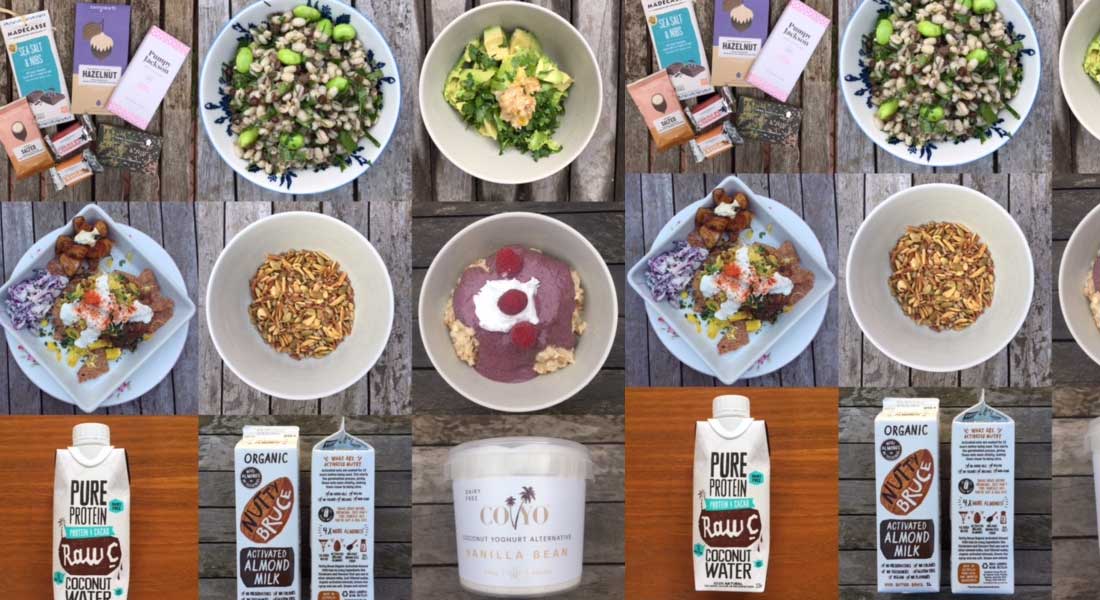


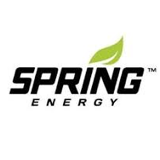
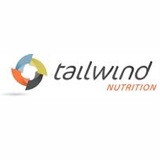
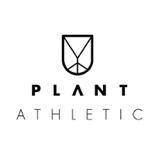
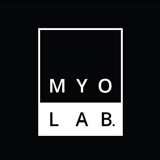

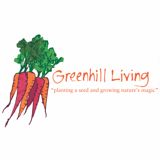
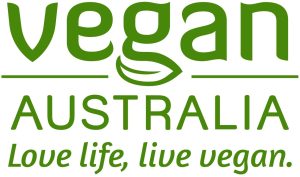

Leave a Reply